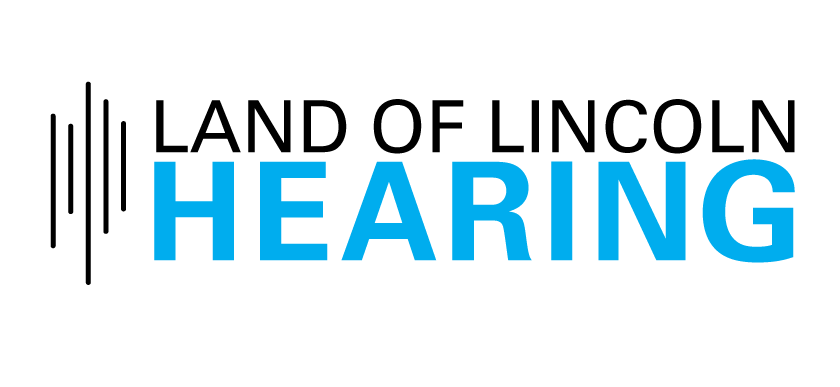Hearing loss likelihood increases after age 70—as do health risks
/This post originally appeared on Starkey.com
Today’s hearing fact is another important reminder of how common hearing loss is as we grow older. But despite its prevalence, did you know that only 29% of people aged 71 and older wear hearing aids?
While the reasons people choose not to treat their hearing loss can range from not recognizing the condition to conceding that “life could be worse,” one fact remains: Leaving hearing loss untreated can have an unfortunate impact on our overall health.
That’s exactly why researchers conducted the recent study behind today’s hearing fact: To uncover how widespread hearing loss is as we age and provide metrics to inform “resource planning related to ongoing and future hearing policy initiatives.”
Let’s explore that study, then dig into how not treating hearing loss can be detrimental to our overall wellness.
Study examined seniors’ hearing test results, hearing aid use
Researchers examined data from a large, nationally representative study of Medicare beneficiaries aged 65 and up. Their main focuses included the results of a hearing test (pure-tone audiometry) and self-reported hearing aid usage data.
The findings: Of the 2,803 participants examined, 65.3% (representing 21.5 million people) of those aged 71 or older had mild, moderate or severe hearing loss. By age 90, 96.2% had hearing loss. And yet only 29% of participants with hearing loss wore hearing aids.
The study concluded that indeed, hearing loss is more prevalent than previously believed, and unfortunately, few are treating their hearing loss with hearing aids.
These results certainly justify attention from a public health perspective. Now, let’s talk about why.
Untreated hearing loss can impact healthy aging
If you have hearing loss and don’t get help for it, you may be putting your overall health at risk for:
Loneliness and isolation
Regarded an urgent health threat by U.S. Surgeon General Vivek Murthy, loneliness and isolation are associated with a higher risk of cardiovascular disease, dementia, premature death, and more. Unfortunately, hearing loss can contribute to social isolation by making it difficult to participate in conversations and communicate in general.
The good news: With better hearing through hearing aids, we can more easily engage in everyday life, sustain a strong support network, and enjoy an active social life—and all the benefits that come with them (including never missing a moment with the people we care about).
Not only that, but studies have shown that hearing aids may help us live longer—by nearly 25%. How’s that for an incentive to treat our hearing loss?
Dementia
Hearing loss can increase our risk of dementia by 50%, and from potential factors that go beyond isolation: First, hearing loss forces the brain to spend more energy on processing sound—giving it less time to spend on thinking and memory. Secondly, hearing loss accelerates brain atrophy (or the “shrinkage” of brain tissue), which can directly affect our thinking and memory capabilities.
The good news: Recent research has shown that, for older adults at risk of cognitive decline, hearing aids may reduce the risk by nearly half. So, perhaps it’s no surprise that the Lancet Commission on Dementia, Prevention, Intervention and Care has also named hearing loss the number one modifiable risk factor found to prevent dementia.
Physical safety risks
Did you know that when we don’t hear well, we increase our risk of falls by 30% and are twice as likely to have an accidental injury? Makes sense, right? When the brain is overwhelmed by the demands of hearing loss, it may be less able to help with balance and gait. Moreover, hearing loss can reduce awareness over our surroundings, making us less cognizant of potential hazards like vehicles, pets, and so on.
The good news: Hearing our best through hearing aids can help us stay more aware of our environment, even in the presence of background noise. This is a great step towards maintaining our physical health and an active lifestyle into the future.
Hear better, age better—with help from a professional
If you have hearing loss, why settle for “life could be worse” when you deserve to live more, do more, and never miss a moment of joy that comes with hearing your best—from the song of birds awakening you on a sunny morning to the entire retelling of kindergarten graduation from the graduate themselves.
It’s as simple as getting your hearing tested by a licensed hearing care professional and treating any hearing loss you may have. A hearing evaluation is easy and pain-free: Your provider will test your hearing, and if it turns out you do have hearing loss, they’ll walk you through your options and help you find the best solution for your needs.
Think of your hearing evaluation like a routine physical or eye exam—you’re taking another preventable measure to help you age healthily.
Simply type your zip code in here to generate a list of hearing care professionals near you.
Learn more about your hearing health at Land of Lincoln Hearing - schedule your hearing test today.




